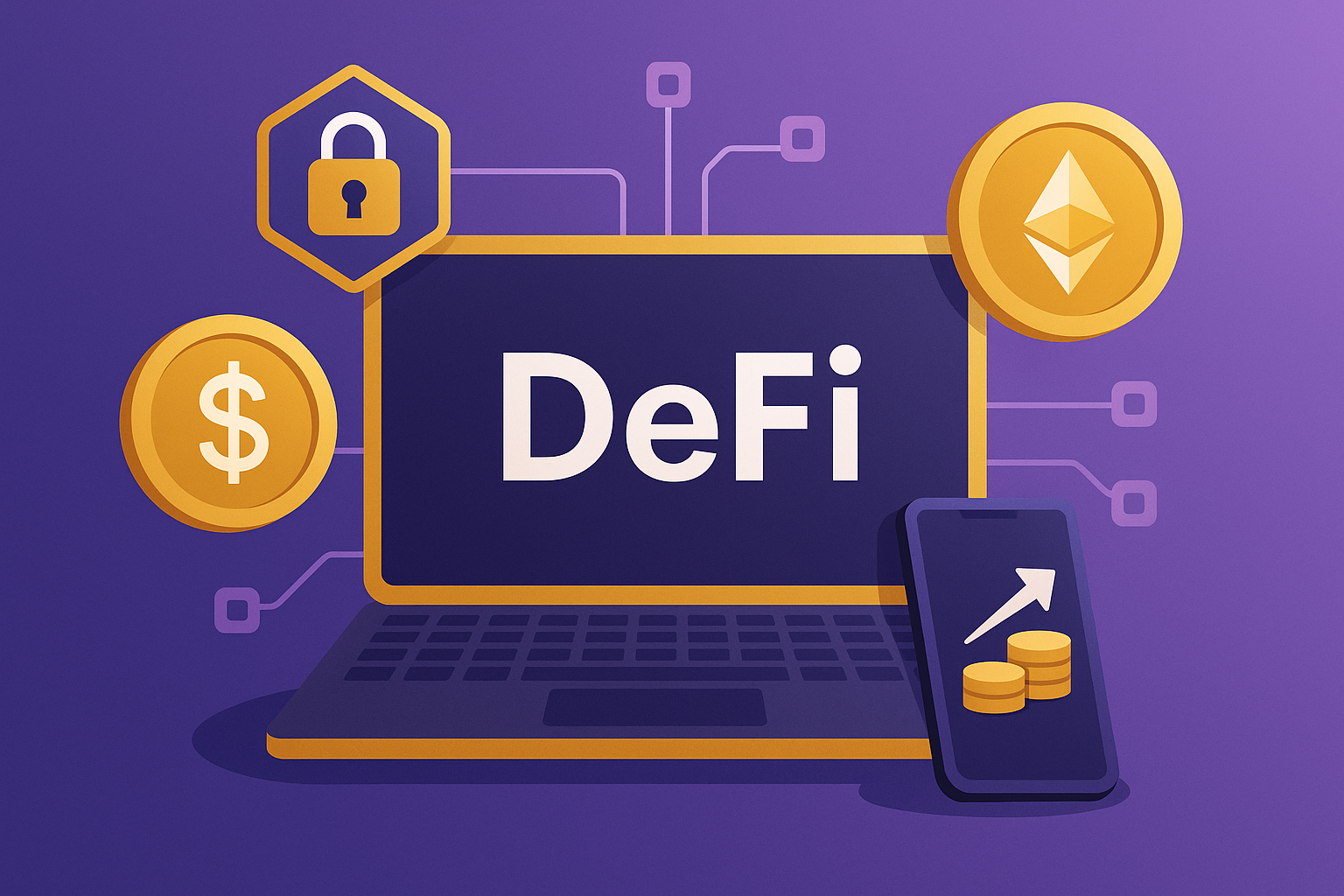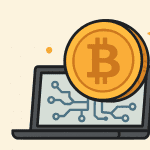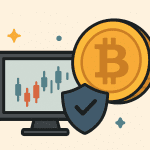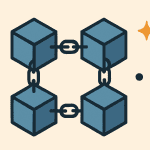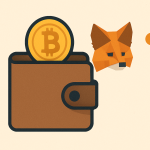If you’re new to crypto, you may have heard the word “DeFi” and wondered what it means. Is it important? Should you care?
Yes — DeFi is one of the biggest ideas in the crypto world. It stands for Decentralized Finance, and it’s changing how people use money online.
In this beginner-friendly article, you’ll learn what DeFi is, how it works, and why it matters.
Contents
What Is DeFi?
DeFi stands for Decentralized Finance. It’s a new way to use financial services like:
-
Borrowing and lending
-
Earning interest
-
Trading assets
-
Insurance
-
Saving and investing
But here’s the difference: DeFi doesn’t use banks, brokers, or middlemen. Instead, it uses blockchain technology and smart contracts — which are like automated rules written in code.
How Is DeFi Different from Traditional Finance?
| Traditional Finance | DeFi |
|---|---|
| Controlled by banks | Controlled by code |
| Requires ID/KYC | Open to anyone |
| Can be slow and costly | Usually fast and low-fee |
| Limited access | Global and 24/7 |
In short, DeFi lets anyone with internet and a crypto wallet access financial tools — no permission needed.
How Does DeFi Work?
DeFi runs on blockchains, mainly Ethereum, but also others like:
-
Binance Smart Chain (BNB)
-
Polygon
-
Avalanche
-
Solana
Instead of companies, DeFi apps (also called dApps) use smart contracts — self-running programs that do things like:
-
Hold funds securely
-
Let users swap tokens
-
Send interest automatically
You don’t need to trust a company — you just need to trust the code.
Common DeFi Activities
Here are some popular things people do with DeFi:
1. Lending and Borrowing
-
You can lend your crypto and earn interest
-
You can also borrow crypto by locking up some as collateral
Example: Use Aave or Compound
2. Swapping Tokens
-
Trade one token for another quickly and easily
-
Done on decentralized exchanges (DEXs) like Uniswap or PancakeSwap
3. Staking and Yield Farming
-
Lock your tokens in DeFi apps and earn rewards
-
Often used for new tokens or extra returns
4. Stablecoins
-
Coins like USDC or DAI are tied to real money (like USD)
-
Used to avoid crypto price swings
Benefits of DeFi
✅ No middlemen – You control your money
✅ Open to all – No credit checks or IDs
✅ 24/7 access – No banking hours
✅ Passive income – Earn interest or rewards
✅ Transparent – You can check the code and transactions
Risks of DeFi
❌ Volatility – Prices can go up or down quickly
❌ Smart contract bugs – Code errors can cause hacks
❌ Scams and rug pulls – Some projects are unsafe
❌ No customer support – If something goes wrong, you’re on your own
❌ Fees – On Ethereum, gas fees can be high
Tip: Always do your own research (DYOR), start small, and use trusted platforms.
What Do You Need to Use DeFi?
To start using DeFi, you’ll need:
-
A crypto wallet – Like MetaMask, Trust Wallet, or Coinbase Wallet
-
Some crypto – Usually Ethereum (ETH) or a stablecoin like USDC
-
Access to DeFi apps – Like Uniswap, Aave, or Yearn Finance
Once you connect your wallet to a dApp, you can interact with it directly — no signup needed.
Is DeFi the Future?
Many people believe DeFi is the future of money. It gives power to users and removes control from big banks. It’s still new, but growing fast.
Some experts even call DeFi the “Internet of Finance.” Like the early days of the internet, it’s full of opportunities — and some risks too.
Final Thoughts
So, what does “DeFi” mean?
It’s a new kind of finance — open, fast, and powered by crypto. You don’t need permission, and you stay in control.
If you’re just starting in crypto, DeFi is worth exploring. Start slow, stay safe, and enjoy the future of finance — one block at a time.
